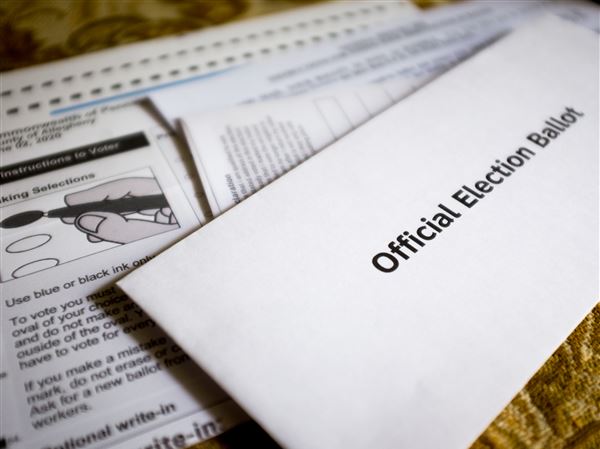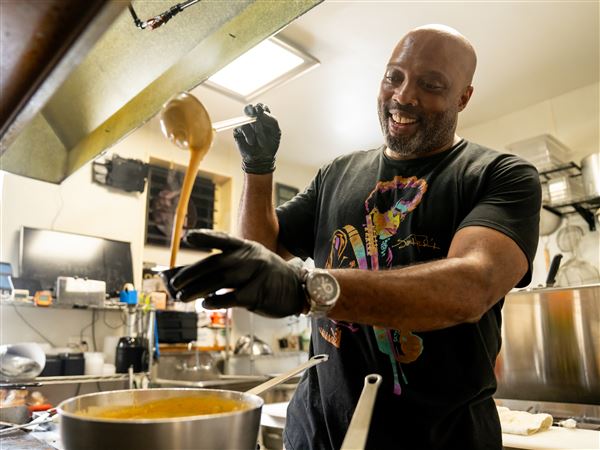HARRISBURG -- For anyone who breathed a sigh of relief at the October voter ID ruling -- opponents relieved that voters need not show identification in the presidential election, supporters who noted the injunction included only November -- a conference Thursday made clear the legal battle is far from over.
At a meeting with lawyers for the state and the challengers, Judge Robert Simpson, who ruled that Pennsylvania could not require voters in the November 2012 elections to show a specified form of photo identification, said he is likely to schedule a trial next summer to resolve the permanent status of the law.
Rounds of courtroom arguments and decisions earlier this year yielded only the ruling that a phase-in period built into the law -- when voters would be asked, but not required, to show photo ID -- would be extended from the April primary elections through the November general elections. There were rulings by Judge Simpson at the Commonwealth Court and by the Pennsylvania Supreme Court, but the law's constitutionality remained undecided.
Now the parties in the case are looking ahead to a trial on the ultimate question: whether the state can require voters on a permanent basis to present one of several types of photo identification. Attorneys for the challengers on Wednesday echoed the argument of voter ID opponents, who include Democrats, civil rights groups and advocates for the poor. Witold Walczak, legal director of the American Civil Liberties Union of Pennsylvania, said the approximately 16,000 IDs issued by the Department of Transportation to people needing them under the law show that many voters remain without acceptable identification.
"If the election was held tomorrow or if it's held in May in these same circumstances, you have thousands of people who have a right to vote and are not going to be able to exercise that most precious right," Mr. Walczak said.
As they passed the measure through the Legislature, Republicans argued that requiring photo identification would protect the integrity of elections. The state has defended both the constitutionality of the law and efforts to implement it, including several steps taken before the November election that made photo identification easier to obtain.
At the conference Thursday, Deputy Attorney General Patrick Cawley, an attorney for the state, suggested holding the trial in time for a decision to be made by the May primary elections. But attorneys for the law's challengers said they need more time for legal discovery.
An expected appeal to the Supreme Court was considered in each potential timeline.
Judge Simpson ended the conference saying he would issue a scheduling order in the coming days, but his comments suggested there could be another hearing to decide if all or part of the voter ID requirement would be suspended for the May 21 primary. After the conference, Mr. Cawley said some form of injunction might be needed.
"It may be unavoidable, given the logistics of what this litigation looks like, that we have to do something to alleviate the voter ID requirements for May," he said. "I don't know if that's going to be the case, but it's something we have to seriously consider."
He said an injunction for the upcoming 2013 primary elections would not necessarily take the same form as that for the November 2012 elections, when voters were asked but not required to present an acceptable form of photo ID.
Mr. Cawley said it was unclear whether the attorney general can enter into an agreement to postpone a portion of the law's implementation until the full trial is held.
"It's something I'm going to have to explore with my colleagues," he said. "This is a very unique situation. We are generally required to defend any statute that is challenged in court to the end, until we get a final resolution."
Attorneys for the challengers suggested they might raise the issue of how the state would inform voters about the requirement taking effect. Ron Ruman, a spokesman for the Department of State, said the agency intends to rely on the media and appearances at public meetings to continue publicizing the law.
"Right now, until we see where the law is going, we don't have anything formal planned," he said.
First Published: December 14, 2012, 5:00 a.m.














